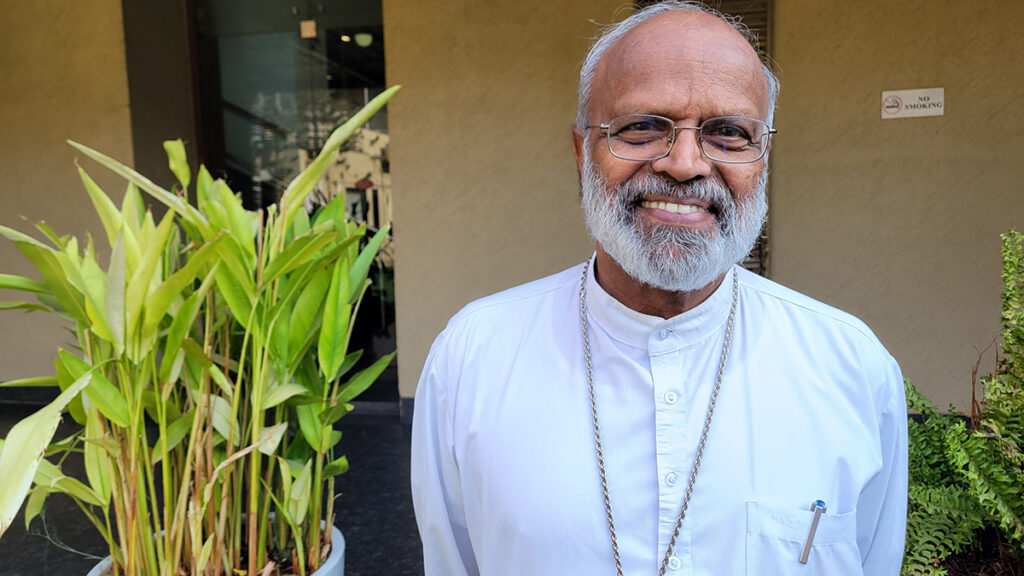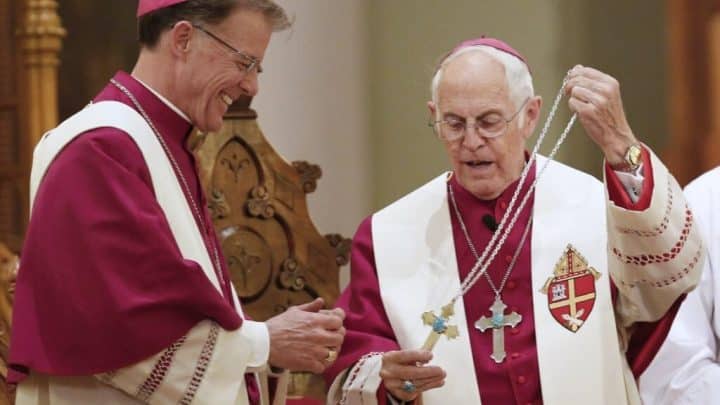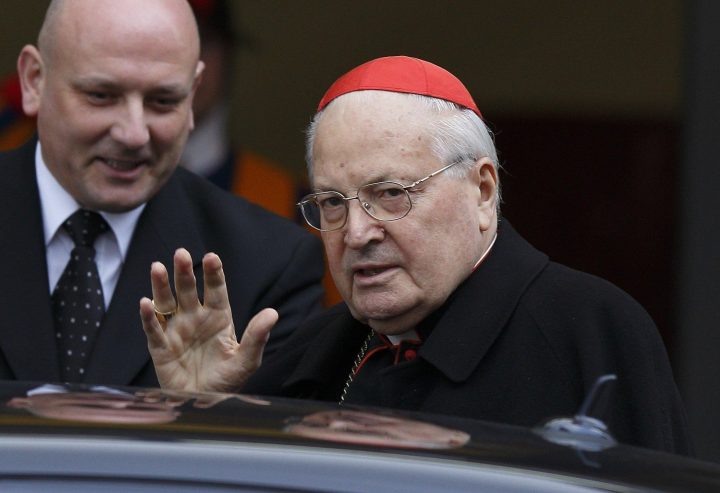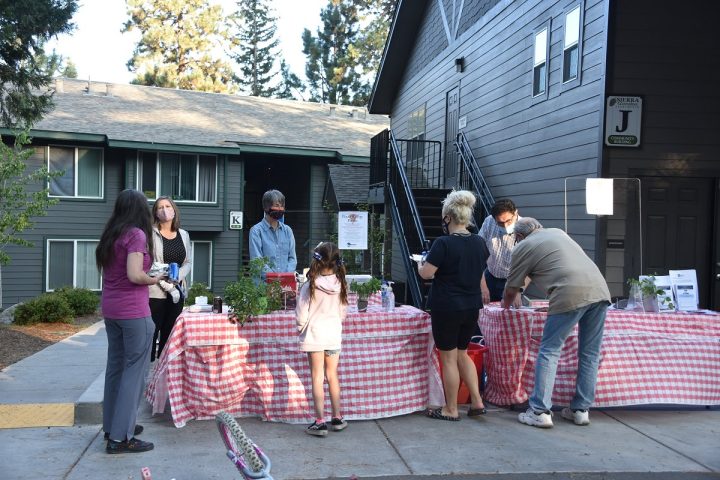
WASHINGTON (OSV News) — A bishop in north central India urged Catholics throughout the nation to spend time before the Blessed Sacrament for seven days to help end the worsening ethnic violence in Manipur, a state in the country’s northeast, bordering Myanmar.
The situation “is worsening day by day in Manipur … it’s literally burning,” Bishop Chacko Thottumarickal of Indore told OSV News June 21.
“Yes, we are all praying … praying earnestly. But now only God can do something there,” the bishop said.
Since early May, Manipur has been plagued by fighting between the ethnic Kuki and Meitei communities, triggered by a decision to allow special status granting additional rights for the Meitei, sometimes also referred to as Meithei or Meities.
In a June 15 statement circulated by Bishop Thottumarickal, Archbishop Dominic Lumon of Imphal, the capital of Manipur, said more than 50,000 people had been displaced and were homeless because of the violence.
“There is a complete collapse of the constitutional machinery in the state,” Archbishop Lumon said. “There is fear, uncertainty and a general sense of hopelessness and desperation.”
The Asian church news agency ucanews.com reported June 20 that two justices of the Indian Supreme Court’s vacation bench denied a request to send in federal troops (the court takes two long vacations each year, the summer and winter breaks, but is technically not fully closed during these periods).
“This is purely a law-and-order situation, and the court is not required to pass orders for army intervention,” they said. However, they scheduled the matter for a hearing July 3, when the full Supreme Court returns from vacation.
In addition to encouraging people to pray before the Blessed Sacrament, Bishop Thottumarickal urged them to pray the rosary, the Divine Mercy Chaplet and the litany of the saints for “a solution to all the issues.”
Referencing multiple Bible verses, including this line from the Gospel of St. Matthew — “if two of you agree on earth about anything for which they are to pray, it shall be granted to them by my heavenly Father” — the bishop suggested prayer for mercy upon the people and church in Manipur and “for wisdom and strength for the church authorities to hold the people in faith in these troubled times.” He asked that those fighting experience God’s love, and he urged prayers for those affected and those who have died. He also prayed that the government and its officials “function effectively for the good of all the people.”
In his statement, Archbishop Lumon cited a series of issues that had been building, including deforestation, poppy cultivation funded by rich outsiders, and labeling of Kuki Christians as poppy cultivators or immigrants from Myanmar. He noted that internet connectivity has been shut down and media platforms disabled. He also said although confirmed deaths were more than 100, the total was more than officially published.
“Two communities are warring, but it has affected all the people of Manipur. … With the complexity of issues that has given rise to this situation, there seems to be no clear-cut reason for the present crisis,” he said.
The archbishop also questioned the role of security forces, wondering why in all cases, state forces were unable to prevent “things from running amuck for prolonged time.” He said in some cases, police stood by and watched as mobs attacked.
“Why is it that vulnerable places, even after attempted attacks, were left unguarded?” he asked.
The archbishop indicated outside forces were involved, comparing the situation to 2002 riots in Gujarat state and 2008 anti-Christian violence in Kandhamal district of Odisha state. He said officials use “narratives like ‘war against drugs’” or “fight against illegal migrants from Myanmar,” but “in the midst of these orchestrated propaganda, subtle attacks on Christianity seem to have found a clean and unsuspecting space.”
The archbishop noted that both sides had destroyed private homes and property, and he listed 10 Catholic churches and institutions attacked by mobs. Although the Kuki are primarily Christian and Meitei are predominantly Hindu, the archbishop noted that “many churches belonging to Meitei Christians” also were burned.
“The number of attacks on churches that had nothing to do with the conflict indicates the strong and active involvement of some fanatical groups in the pretext of preservation of Meitei customs, cultures, tradition and Indigenous religion,” the archbishop said. He said some of the attacks seemed well planned and “smacked of fanatic elements out to disrupt the existence of Christianity, in the pretext of preservation of culture.”
The archbishop did not name the extremist elements, but some Catholic advocates have blamed past violence on the extremist ideology of Hindutva, which proposes establishing India as a nation based on one culture, one language and one religion. Several people said much of the funding for extremists was coming from groups outside India, including groups in the United States.
Barb Fraze writes for OSV News from Virginia.



